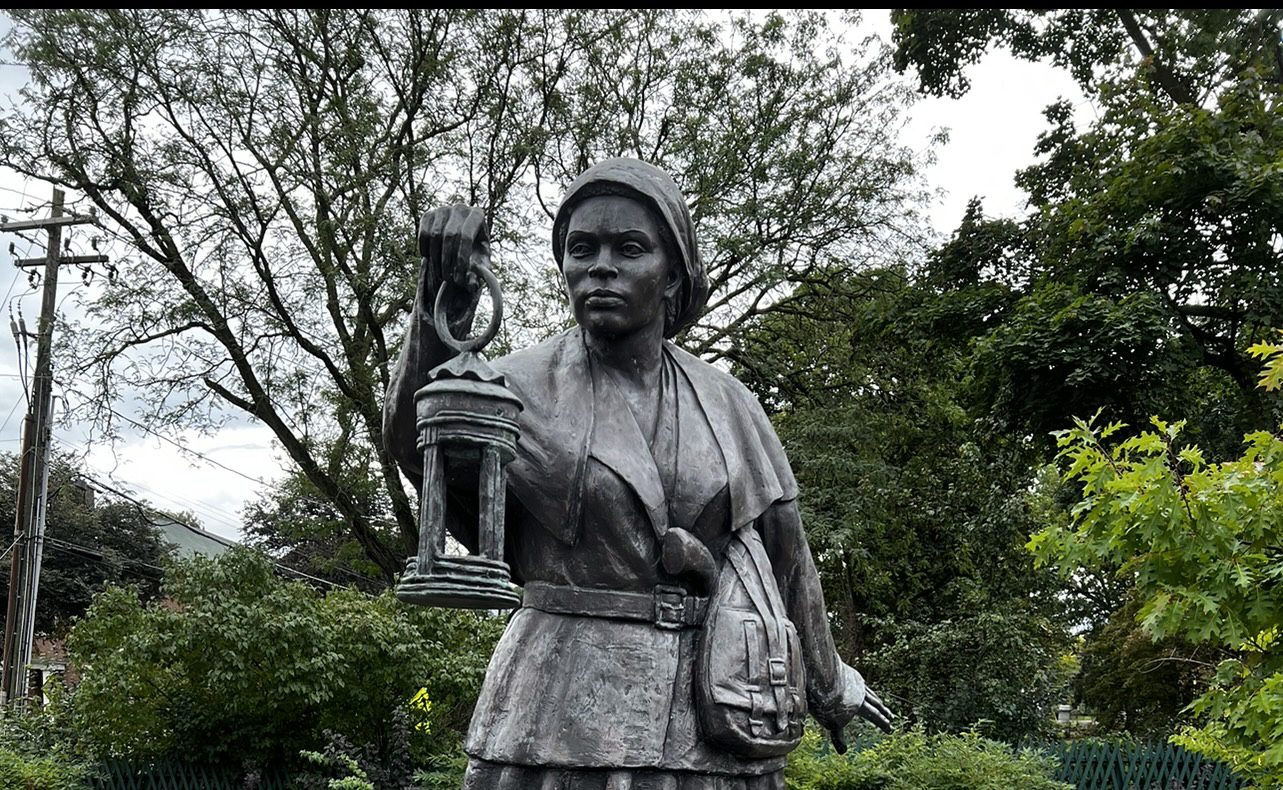National Nurses Week arrives each year from May 6 to May 12, creating space to honor the invaluable contributions nurses make to healthcare systems worldwide. As the celebration begins, attention turns to the historical figures whose determination shaped the profession despite facing formidable barriers of racism and gender discrimination.
The nursing profession’s evolution in America cannot be fully understood without recognizing the pioneering Black women who pushed against systemic racism to create opportunities for those who followed. Their stories encompass not only medical care but advocacy, education, and social justice, elements that remain central to nursing practice today.
The struggle for recognition in early nursing
The path to professional nursing for Black women in America required extraordinary perseverance against institutional barriers designed to exclude them. Early nursing schools frequently denied admission to Black applicants or imposed severe quotas limiting their numbers.
Those who managed to gain education often faced restricted employment opportunities, confined to segregated hospitals or private duty work. Many hospitals refused to hire Black nurses regardless of their qualifications, while others enforced strict hierarchies preventing advancement.
Despite these obstacles, determined women created networks, established organizations, and demonstrated such exceptional skill that their contributions could not be denied. Their collective achievements fundamentally transformed healthcare access and education for communities historically marginalized by the medical establishment.
Mary Eliza Mahoney breaks the registration barrier
In 1879, Mary Eliza Mahoney became the first Black registered nurse in the United States, completing an intensive 16-month program at the New England Hospital for Women and Children. The program’s demanding requirements resulted in only four graduates from an initial class of 42 students.
Facing discrimination in hospital settings, Mahoney built a reputation for excellence in private nursing instead. Her work extended beyond patient care when she co-founded the National Association of Colored Graduate Nurses in 1908, creating an essential advocacy organization for Black nurses facing widespread discrimination.
Her influence continues through the Mary Mahoney Award, established by the American Nurses Association in 1936 to recognize significant contributions to diversity within the nursing profession. This recognition stands as testimony to her pioneering spirit and commitment to opening doors for future generations.
Harriet Tubman applies healing skills during wartime
While primarily celebrated for her extraordinary work leading enslaved people to freedom via the Underground Railroad, Harriet Tubman also served as a skilled and dedicated nurse. During the Civil War, she provided essential medical care to Black soldiers and recently freed individuals suffering from dysentery and smallpox.
Tubman applied her knowledge of herbal remedies and traditional healing practices gained during her earlier life. Her holistic approach to patient care demonstrated an understanding of both physical and psychological healing needs during intensely traumatic circumstances.
Her commitment to caring for vulnerable populations extended beyond the war when she founded the Harriet Tubman Home for Aged & Indigent Negroes in Auburn, New York in 1908. This institution provided much-needed care for elderly Black Americans until her death in 1913, establishing an early model for community-based elder care.
Susie King Taylor pioneers military nursing
The Civil War created unprecedented opportunities for Susie King Taylor to serve as the first Black nurse to work openly with the U.S. Army. Without formal training, she provided essential care to soldiers in the 1st South Carolina Volunteer Infantry Regiment, later redesignated as the 33rd U.S. Colored Troops.
Her courage extended to treating highly contagious patients, including those suffering from smallpox who were quarantined in isolated tents. This willingness to serve where need was greatest exemplified the selfless dedication that defines nursing at its most noble.
Taylor documented her experiences in her memoir, “Reminiscences of My Life in Camp with the 33rd US Colored Troops,” providing a rare first-person account of Black women’s contributions during the Civil War. Her writings preserve crucial historical perspectives that might otherwise have been lost to history.
Estelle Massey Osborne revolutionizes nursing education
The landscape of nursing education transformed through Estelle Massey Osborne’s persistent advocacy after she became the first Black woman to earn a master’s degree in nursing in 1931. Her strategic focus on educational access recognized that institutional change required qualified Black nurses in leadership positions.
During World War II, Osborne served as a consultant for the National Nursing Council for War Services, using this platform to successfully challenge the color ban in both the Army and Navy Nurse Corps. This breakthrough created crucial professional opportunities previously denied to Black nurses.
By 1945, her efforts had nearly doubled the number of nursing schools accepting Black students. Her appointment as the first Black faculty member at New York University’s nursing program represented another significant barrier broken, positioning her to influence generations of nursing students regardless of race.
Adah Belle Thoms advocates for professional recognition
Leadership and advocacy defined Adah Belle Thoms’ extraordinary career after her 1905 graduation from the Lincoln Hospital and Home School of Nursing. Despite serving as acting director for 18 years, racial prejudice prevented her from receiving the official title and recognition rightfully earned through her service.
Thoms co-founded the National Association of Colored Graduate Nurses alongside Mary Mahoney and later served as its president from 1916 to 1923. During this tenure, she successfully lobbied for Black nurses’ inclusion in both the American Red Cross and Army Nurse Corps during World War I.
Her advocacy reached the highest levels of government when she met with President Warren G. Harding to discuss the status of Black nurses. In 1929, she published “Pathfinders: A History of the Progress of Colored Graduate Nurses,” the first comprehensive documentation of Black nursing history, ensuring these contributions would not be erased.
The continued relevance of pioneering legacies
The significance of these historical figures extends far beyond their individual accomplishments. Their collective work established principles that continue shaping nursing practice and healthcare delivery today, particularly regarding equity, access, and cultural competence.
Modern nursing education increasingly recognizes the importance of diverse perspectives in healthcare delivery. Research consistently demonstrates that patient outcomes improve when care providers reflect the communities they serve, validating the importance of the pathways these pioneers established.
Professional nursing organizations have evolved from the foundations laid by early advocacy groups, continuing to address persistent disparities in both nursing education and healthcare access. The early recognition that nursing requires both technical skill and social advocacy remains fundamental to the profession.
Nursing as a vehicle for social transformation
Each of these five women understood that nursing provided unique opportunities to address broader social inequities. Their approaches combined direct patient care with systematic efforts to transform institutions that perpetuated discrimination.
This dual focus on individual healing and structural change exemplifies nursing’s potential as a force for social justice. Their examples remain instructive for contemporary nurses navigating healthcare systems still marked by disparities in treatment and outcomes.
The integration of education, clinical practice, and advocacy demonstrated by these pioneers established a holistic model of nursing that extends beyond medical interventions to address the social determinants of health affecting vulnerable communities.
Recognition during National Nurses Week
National Nurses Week offers an opportunity to ensure these contributions receive appropriate recognition within nursing’s broader history. Their stories deserve prominence not simply as footnotes or specialized knowledge but as fundamental chapters in understanding American healthcare development.
Contemporary nurses of all backgrounds benefit from understanding how these women navigated systems designed to exclude them, finding creative paths forward while maintaining unwavering commitment to patient care. Their resilience provides inspiration during the challenges facing modern healthcare providers.
For Black nurses specifically, these pioneering figures represent a proud heritage of excellence and determination. Their achievements remind current practitioners that they stand on the shoulders of extraordinary predecessors who refused to accept limitations placed upon their capabilities.
From historical legacy to future inspiration
The stories of Mary Eliza Mahoney, Harriet Tubman, Susie King Taylor, Estelle Massey Osborne, and Adah Belle Thoms offer profound lessons about perseverance in the face of systemic obstacles. Their work saved countless lives while simultaneously transforming institutions.
As National Nurses Week commemorates the nursing profession broadly, these specific legacies provide a window into nursing’s power to heal communities, challenge injustice, and create pathways for future generations. Their examples remind us that nursing at its best combines technical excellence with moral courage.
For those currently entering the nursing profession, these historical figures demonstrate that even in the most difficult circumstances, dedicated individuals can create lasting change that extends far beyond their immediate circumstances, a timeless message that resonates across generations of healthcare providers.














